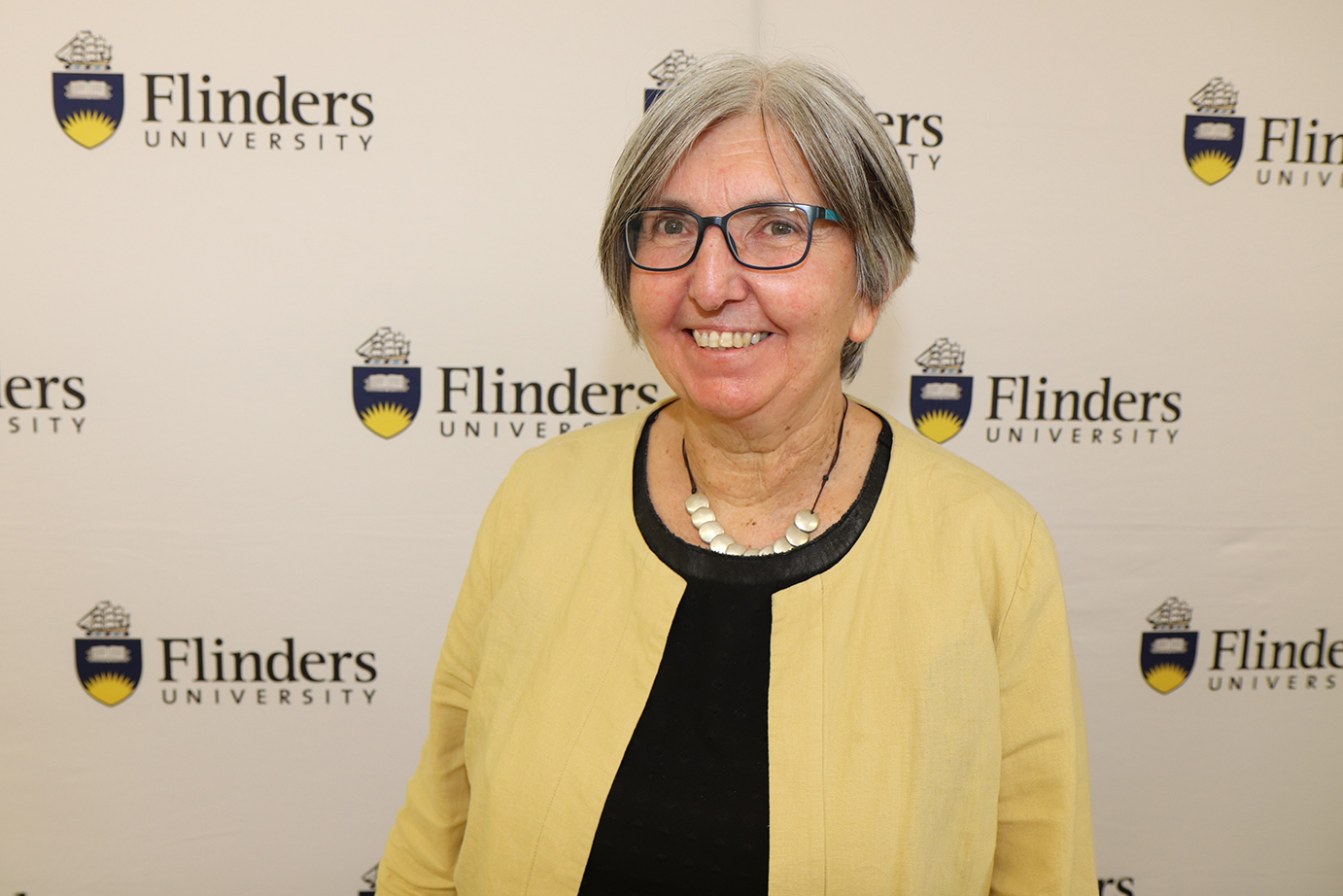
Written by Professor Jennifer Tieman, Director, Research Centre for Palliative Care, Death, and Dying.
The Lancet Commission on the Value of Death report is a critical and pertinent exploration of death and dying and the value of death in a contemporary world. The rationale for this Lancet Commission was to look at the relationship between medicine and death. In doing so it is calling out the complexity and the simplicity of death.
Death is a part of life and gives meaning and shape to the experience of living. It is clear that medicine and public health initiatives have extended our individual and collective lifespans but there are implications and associations of such a rapid and profound set of changes. Many of these are explored in the Lancet Commission report.
The report is complex drawing together a range of perspectives and discipline narratives. This is not just the story of the diseases and costs of healthcare at the end of life but a contextualization of the role of death in our health system, our communities, our society, our faiths and beliefs, and our physical world. It addresses many of the social changes that have shaped differences over time and between groups and countries. It is a narrative reminding us that death is not owned by medicine but is a dynamic system of people, types of knowledge, history, beliefs and attitudes, as well as systems and processes. The system is not static but shaped by all the elements in the system and by disruptions external to the system such as COVID-19.
In the end the authors conclude that there are five principles that could underpin a new and reimagined relationship with death:
- Social determinant of death, dying and grieving are tackled
- Dying is understood to be a relational and spiritual process rather than a simply physiological event
- Networks of care lead support for people, dying, caring, and grieving
- Conversations and stories about everyday death, dying and grief become common
- Death is recognised as having value.
These are refreshing for their emphasis on the context for death. We need medicine and healthcare to manage aspects of deathcare and we need to manage our health systems more powerfully to ensure equity in access and outcomes. But we need to move to system modes of thinking that look at connection and integration and which recognise a multiplicity of perspectives and approaches. This will require a major shift in recognition of non-health elements and a re-engineering of activities and priorities. As the authors note, change is complex, and this report needs to be the start of something longer and more significant.
In Australia there is a growing understanding of the need for death literacy; the importance of inclusion, equity and access; the role of the family and community that wraps around the person at the end of life; and the ability to hold essential conversations. There are examples of work in many of the areas outlined in the report within Australia already.
Part of this Australian work is being undertaken at the Research Centre for Palliative Care, Death and Dying at Flinders University. We initiated the Dying2Learn MOOC to enable a national conversation about death and dying in Australia. We have been researching death doulas and their role in supporting care at the end of life. We provide open access to online palliative and end of life information, resources, and tools for consumers, families and carers, health professionals, and aged care workers. Researchers are running a program to build awareness and skills around end of life in Australia hospitals as well as producing modules and knowledge resources for the aged care workforce around advance care planning and palliative care. We promote and study advance care planning as a way to facilitate discussions and conversations and to document healthcare preferences. We work with community groups, health services and health professionals and researchers to build engagement and our knowledge about their needs to feed into the system.
In essence the Commission report reminds us that without a realignment, we will miss the opportunity to see death as our last human experience and to value being with and caring for someone at the end of life. A lack of familiarity with death and dying can mean we unintentionally exclude those who are dying, caring, and grieving because we do not acknowledge them and facilitate their participation in the workplace, in our community and in society.

